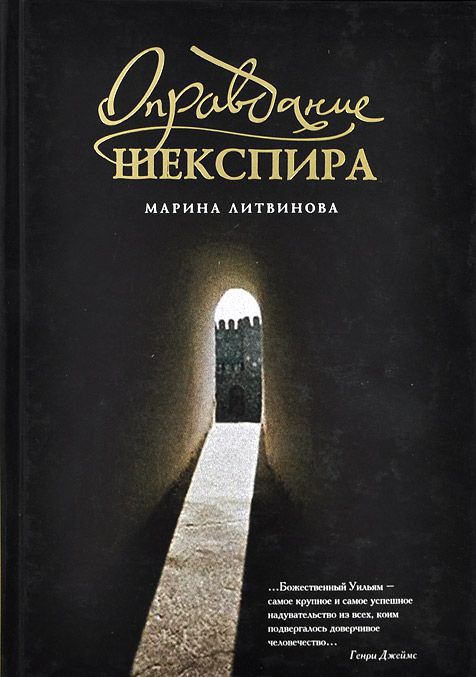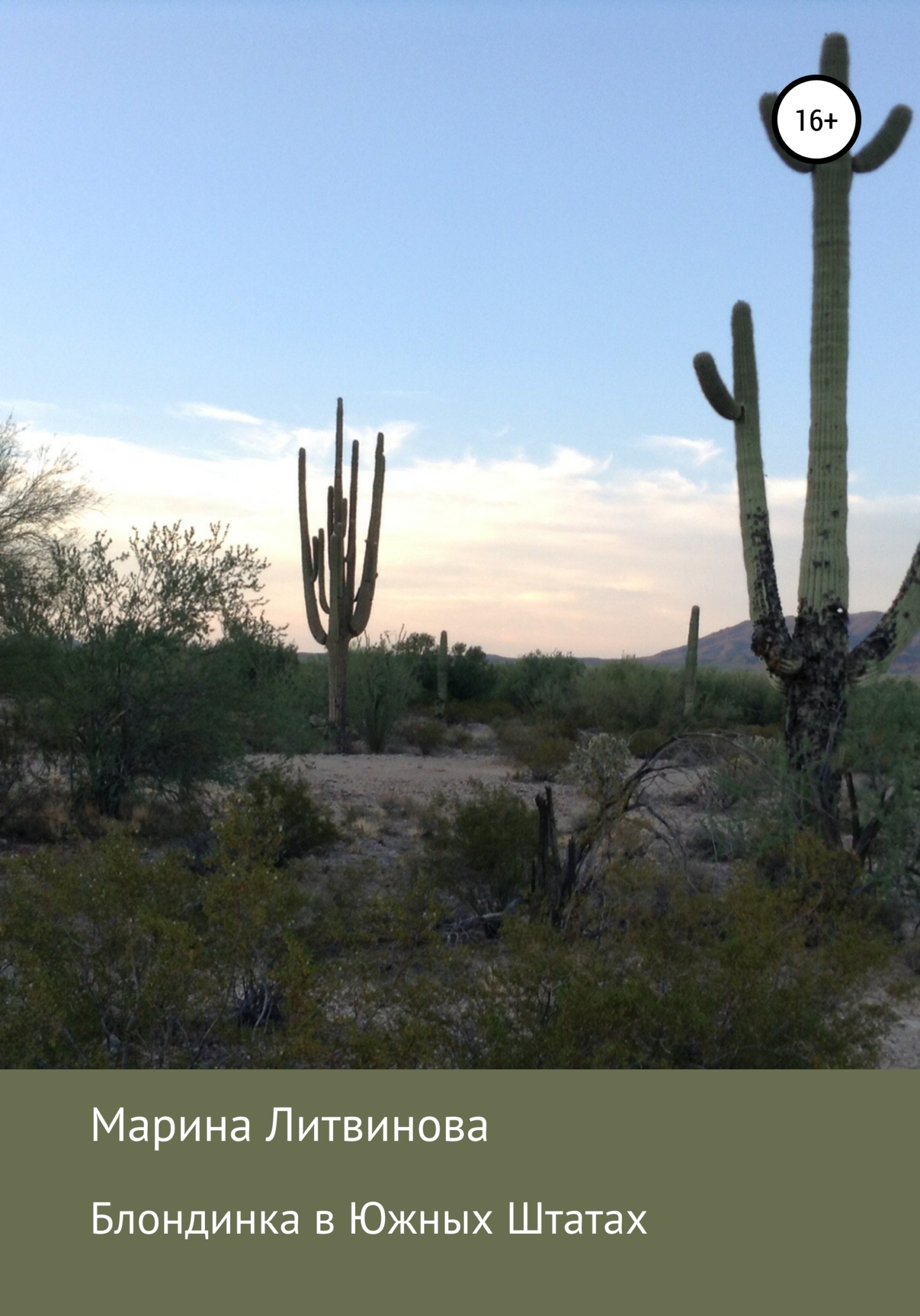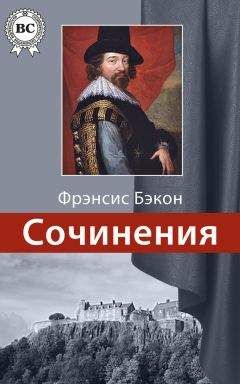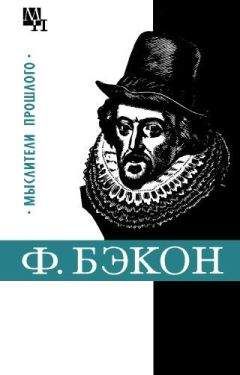Ibid. P. 68.
Ibid. P. 70.
Ibid. P. 72.
Michell J. Who Wrote Shakespeare. P. 49-50.
Перевод Б. Пастернака, далее – перевод М. Лозинского.
Gibson E.N. The Shakespeare Claimants. N.Y., 1962.
Theobald B.G. Enter Francis Bacon.
Gibson E.N. The Shakespeare Claimants. P. 59-60.
Приблизительный перевод: «Как, даже золотая середина беззащитна перед твоей злобой!»
Самое прочное место – середина (лат.).
Линций – аргонавт, наделенный исключительной прозорливостью, эти два слова значат: истинно, несомненно.
Перевод Б. Томашевского.
Cibson E.N. The Shakespeare Claimants. P. 62-63.
Ibid. P. 64-65.
Она, она ушла. Она ушла (англ.).
«Бессмертная дева» (англ.).
The Complete Poems of John Donne. Р. 215.
Legate J. Polimanteia Universitie of Cambridge. 1595.
Harvey G. Gorgon. The Wonderful Year. См.: Wraight A.D. The Story that the Sonnets Tell. P. 129-139.
Shakerley. Питер Шейкерли – реальная фигура. Завсегдатай прогулочных галерей собора Св. Павла, он был известен в литературных кругах как большой чудак, склонный разглагольствовать и бахвалиться. Умер он в сентябре 1593 года.
Подробнее см.: Shakespeare W. Hamlet // A.Sh. P. 13, 83-89.
Noverint значит «Да знали бы они» – сослагательное повелительное наклонение, третье лицо, множественное число от латинского глагола «nosco» – знаю (лат.).
Shakespeare W. Hamlet // A.Sh. P. 84
«Писец» – это «scrivener», не «noverint».
Shakespeare W. Hamlet // A.Sh. P. 83.
«Тени (духи) Верулама» (лат.).
«Good Will» – прозвище Ратленда-Шекспира. С этого обращения начинается уже упомянутое стихотворение Джона Дэйвиса.
The Letters and Life of Francis Bacon, 1861-1872. // Ed. by J. Spedding // The Works of Francis Bacon. Vol. 9(2). P. 37-38.
The Metamorphosis of Pigmalions Image // Poems of John Marston. 1961. Р. 66.
Архивы герцога Ратленда. 1889. Т 1. С. 374.
Терпите и храните себя для счастливых дней. (Вергилий; лат.).
Будущее грядет неотвратимо (лат.).
«Если образ никогда не лжет». (Вергилий. Эклоги. ii. 27).
Генри, принц Уэльса – наше солнце, наследник, мир, жизнь (англ.).
В грозной руке держит тяжелое Зевса копье, С ним выступает вперед в гневе победоносном; Полчища трои повергнуты ею, недаром она Дочь повелителя грома. (The Whole Works of Homer, Prince of Poets. L., 1619. Transl. by G. Chapman. P. 112.)
Длинным, тяжелым копьем потрясая, губит она Трои полки, бессильные перед гневом ее.
Лейбниц был первым назначенным библиотекарем громадной библиотеки Брауншвейгских, созданной Авгу- стом Брауншвейгским, и он же по заказу, наверное, внука Августа написал историю рода Брауншвейгских-Люнебургских. Она есть и на английском языке, но у меня до нее пока не дошли руки.
Роттердамский Э. Философские произведения. М., Наука, 1986. С. 90-217. Перевод Ю.М. Каган.
Роттердамский Э. Философские произведения. С. 95, 96.
Letters and Life of Francis Bacon. Vol. 8 (1). Р. 342.
Gesta Grayorum / Ed. by D. Blant. Liverpool Univ. Pr., 1968. Р. 14-15.
Gesta Grayorum / Ed. by Greg. L., 1914, репринт 1688. Р. 57.
She held a golden Speare’ which the people oft thought the Goddes had shaken, being deceived by the diversity of rays reflecting from the golds brightness. (Barclay J. Argenis. L., 1625. Р. 58.).
Тогда часто писалось вместо «y» «i»: «The Gods, me thinkes, are filling me with I know not what brave inspiration, to detest these turbulent spirits, to fight against the offenders, & take revenge on them. And that you may not thinke this work above my strength, the same gods have also given the armour of learning, by which the wounds once given, so they be guided with moderation & truth, cannot be resisted by strength, no forgotten by time I will at length credit this inforcement of the gods, and freely use a sharp Stile». (Barclay J. Argenis. P. 107.)
Henry J. Knowledge is Power. Cambridge, 2003. Р. 16.
Bacon F. The Major Works. Р. 540-541.
Seditious libels… were full of bold and factious discourses… yet her Majesty in her moderation…» И немного дальше: «But as in bodies very corupt the medicine rather stirreth and exasperateth the humour then purrgeth it, so some turbulent spirits laid hold of this proceeding in so singular partiality towards my Lord as if it had been to his disadvantage, and gave out that this was to condemn a man unheard, and to wound him on his back, and to leave Justice her sword and take away her balance… and such other seditious phrases…» (The Proceedings of the Earl of Essex // Letters and Life of Francis Bacon. Vol. 9. P. 177.)
«How much better had it been… for the King to





